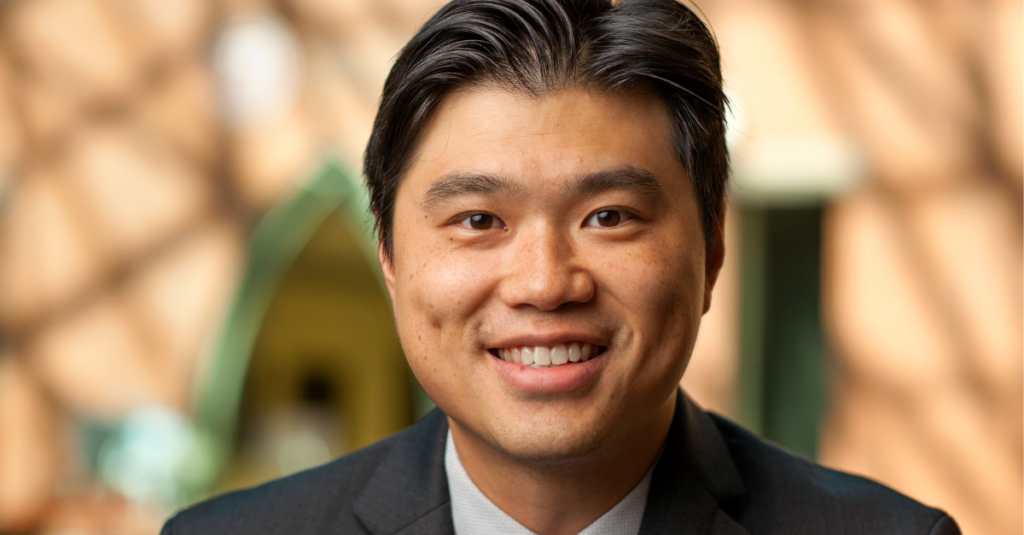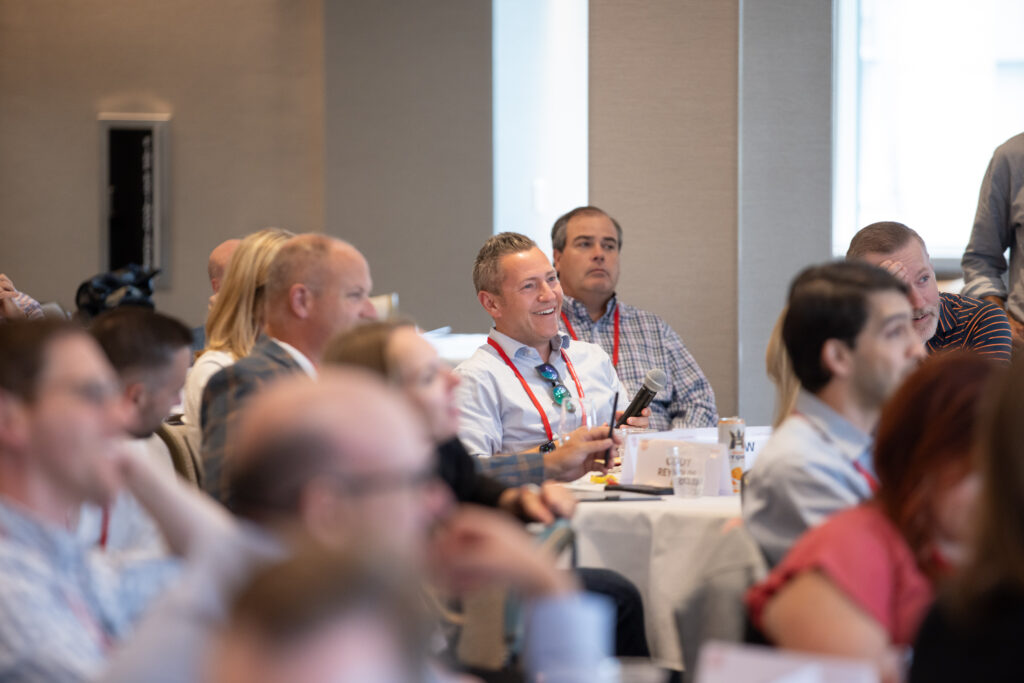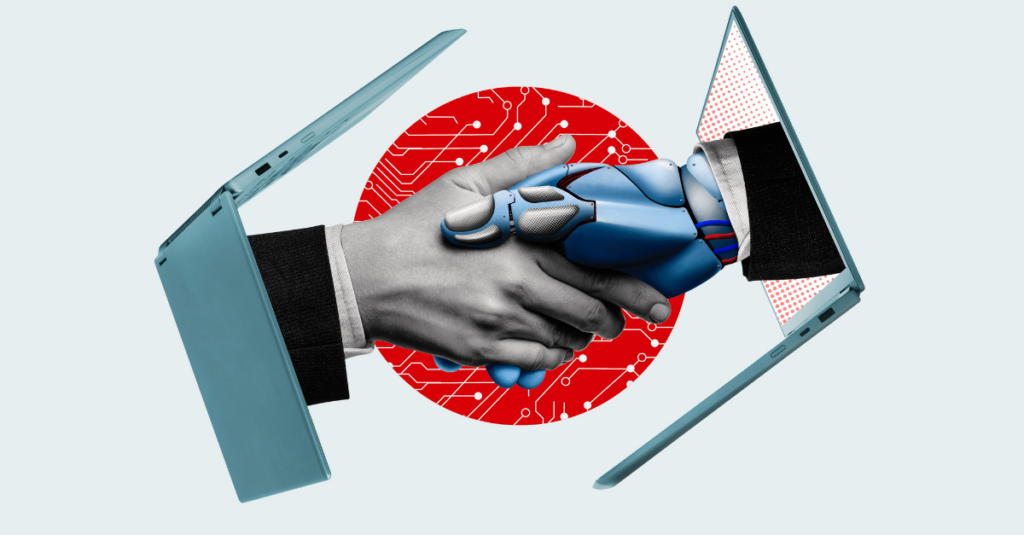eCornell, Taras Shevchenko National University of Kyiv unite to support Ukrainians

Through a new joint endeavor between eCornell and Taras Shevchenko National University of Kyiv, Ukrainian citizens and refugees are completing Cornell certificate programs.
The collaboration grants scholarships to government employees, working adults, university faculty and students from Ukraine and the country’s refugees located around the world. The second cohort launched in March, and the first 150 learners are expected to complete their programs later this year.
“eCornell is committed to fostering skill advancement for those in Ukraine who are confronting significant obstacles. Our goal is to make a substantial impact in the lives of individuals and contribute positively to the broader Ukrainian community,” said Paul Krause, vice provost of external education and executive director for eCornell.









